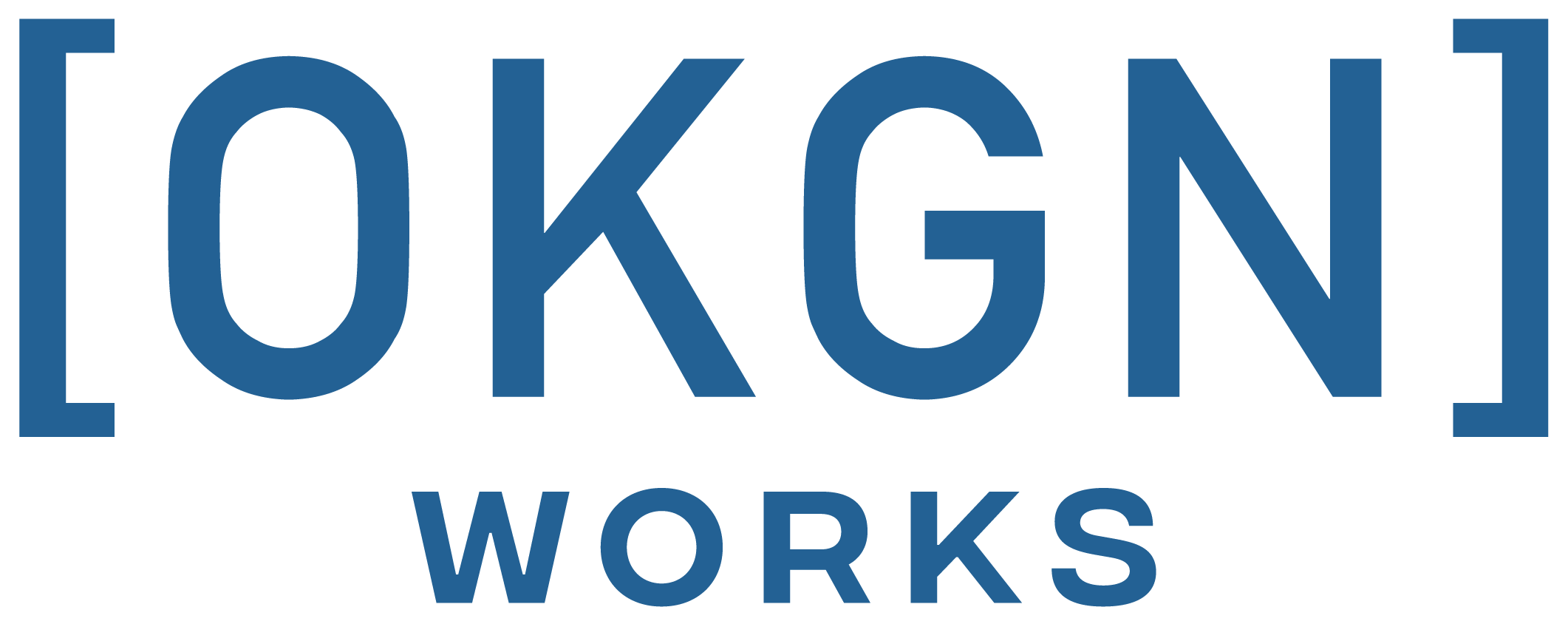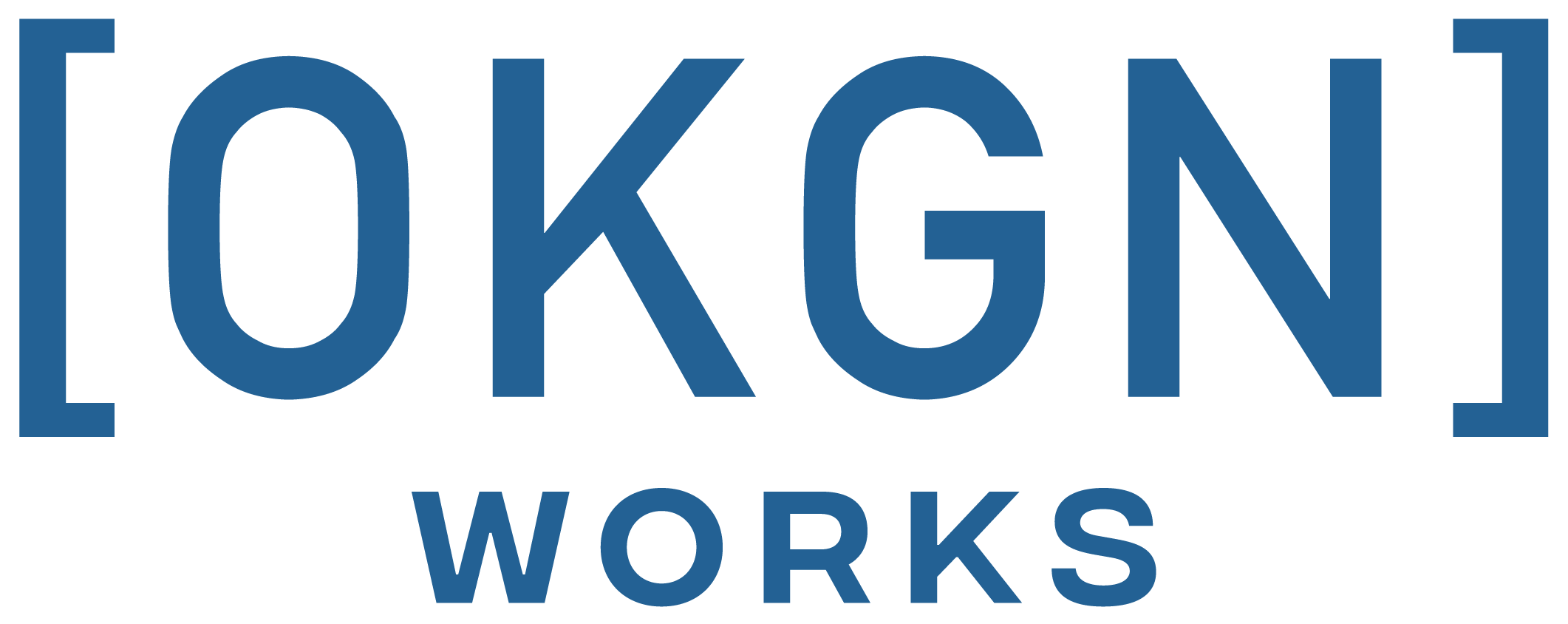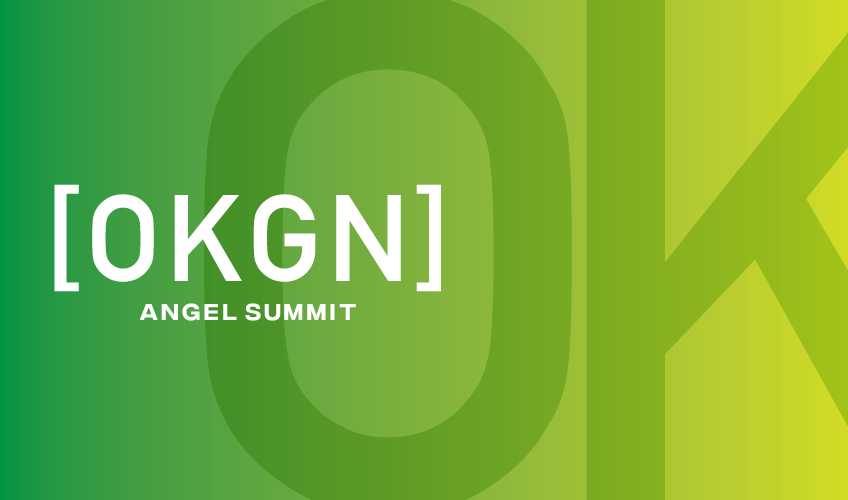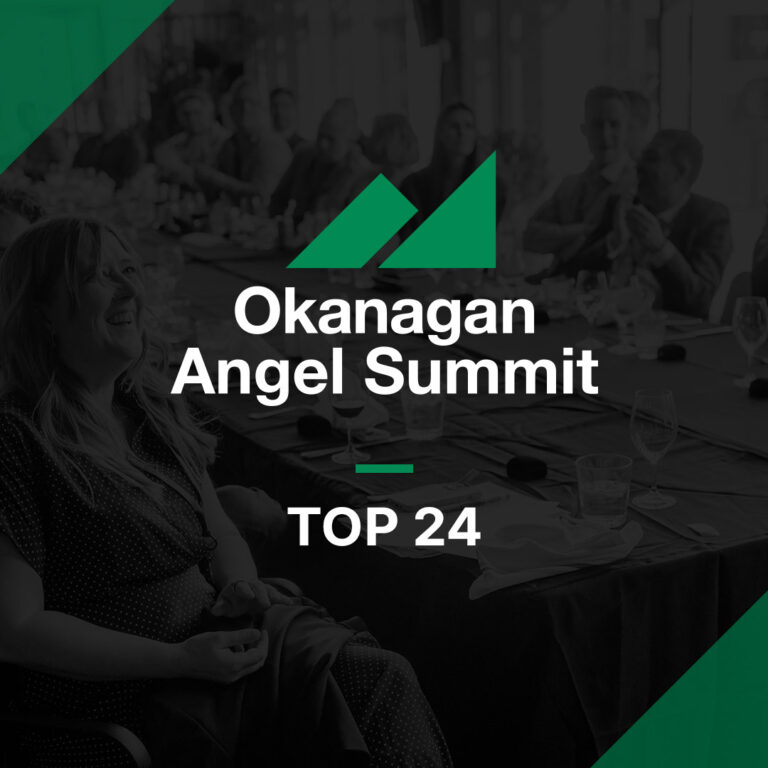The OKGN Angel Summit is an investor-led program designed to expose accredited investors to the world of angel investing through a guided, hands-on process where a small venture capital fund is raised, deals are screened, and an actual investment in a startup is made. Participants will go through a 10-week series of structured investor meetings including company reviews, founder pitches, and due diligence. The OKGN Angel Summit culminates in a public event (March 12, 2020), where the finalist companies make their pitch, and the winner is awarded an investment from the fund.
The OKGN Angel Summit is based on the successful Seattle Angel Conference model. The goal of the summit is to raise awareness about angel investing, its benefits and opportunities, and to educate accredited investors in a participatory manner.
“This Summit will bring together a diverse set of people, talent and startups to create collision zones that can lead to connections and collaborations,” says Thuy Tran, Programs Manager with Accelerate Okanagan. “It is also a great opportunity to learn from experienced investors about operating outside of traditional investment sandbox.”
In addition to being the founder of the Seattle Angel Conference, John Sechrest is also involved with the Lean Startup Seattle Group where he offers consulting for startups and building the startup ecosystem. John also helped fuel the inaugural OKGN Angel Summit event last year with Accelerate Okanagan. We recently heard from John at our OKGNtech LIVE event and learned all about his recipe for success and his thoughts on building a healthy investor ecosystem.
Q. How long have you been working on building the capital ecosystem in Seattle and what got you so passionate about it?
A. I am from the Seattle area. I’ve been working there for the past 7 years. We’ve been doing the angel conference twice a year so we have completed 14 rounds.
The thing about Angel Investing that is so appealing is, if you do it right, angel investing actually returns money back and we see from Rob Wolfbanks data that it is a 25% return annually kind of deal. Sort of that risk/reward kind of number.
Q. Why do you believe that Angel Investment is such a critical part of a healthy innovation ecosystem?
A. When you are trying to develop a startup, everyone has an idea. They go into their garage and work on it. Eventually, they get to the point where they need to do something more than they can do. If they are going to grow into the market they will need some kind of outside resource. One of the outside resources is Accelerators that provide training and skills. Sometimes it simply gets down to dollars to spend on marketing and you just don’t have a chance to do that out of your own revenue because you don’t have enough. Your revenue limits your growth rate.
If you are going to have good startups, you need them to have basic skills like customer development. Once you’ve proven market demand, how do you expand the number of people in your community that are growing the process with you and creating angels?
Q. What kind of impact could a more robust Angel Network have in the Okanagan and what kind of impact has the summit had in Seattle?
A. If approximately 362,000 people live in the Okanagan, it’s likely that 5% are provincially accredited investors. In the US it’s 10% of the total population and 15% between the ages of 45 and 65. The Okanagan has a pile of people that are new to town between the ages of 45 to 65 that are coming here with money.
Now, 5% of 362,000 is approximately 18,000 people. If even 1% of that 18,000 people wrote cheques that would be 180 people writing cheques right now. Are there 180 writing cheques? Nobody can tell me because they can’t find them. It is probably worth doing some development on that and getting more people writing cheques
My motion in Seattle is to take that 1% and make it 2%. We do this as a group exercise. We teach angel investing by doing angel investments. We have 40 people, we have 50 companies, we take $5000 apiece, we raise $200,000, and then we argue over the 50 companies for 10-11 weeks (with a little due diligence in the middle), and then we pick one. We actually do an angel investment. There is an actual investment put into place. The end result is we have figured out how to put a fund together, we have an LSE manager that is now responsible for the next one, we have 20 new people who have never done it before who have now written a cheque and we have 20 old people who have also written a cheque, who have argued with the new people and together we have all learned a new vocabulary.
Through this process, The Seattle Angel Conference has inspired 350 new investors to write cheques deploying a totally of $2.5 million. In addition, 45 of our conference alumni have started their own fund called Grub Stakes. We also put together a Seattle Angel Fund, which is an active fund mirroring the Oregon Angel Fund, it is now called Sea Change and Sue Preston is running that with 48 other Seattle Angel Conference Alumni. We’ve actually got 8 angel groups now. So my little investment of $65,000 has moved $10 million in the ecosystem.
But wait, there’s more! Two of our guys decided they were going to be entrepreneurs, not investors. They did our program and decided they like investing better so they put together Flying Fish Ventures which is a Series A software oriented venture fund in Seattle and two of the three partners are our alumni. If we include the $27 million raise they just closed, we’ve moved $38 million dollars because of my $65,000 investment. That is what I call leverage.
Q. What are some of the most important things you teach people about Angel Investing?
A. There is an important thing to understand about Angel investing. Angel Investing looks at exponential, little growth. We want that lovely hockey stick curve. Where does this curve come from? The hockey stick comes from a bell curve. It is basically measuring a group of people changing their behaviour.
Would you like climate change to be different? The education of women? Would you like a transit system that works, would you like airplanes that are electric? All of those things require a group of people to change their behaviour. If they change their behaviour and you get a dollar every time they change their behaviour, you have that beautiful exponential curve that is angel investable which means the company changes the world. The founders get wealthy, the investors get wealthy and then they can do it again and invest in the next change.
If you are an accredited investor and you want to see change in the world, let’s start the conversation. You could be changing the world and making money at the same time. There is an opportunity to make a difference in the world. Somewhere in the Okanagan, there is someone who is accredited that doesn’t know they are accredited and they would write that cheque if they knew that they could. They just need to have that conversation.
Contact Thuy Tran to learn more about how you can participate in the Angel Summit as a company or an investor. Looking for sponsorship opportunities? Connect with our Community Manager, Alex Goodhew.






